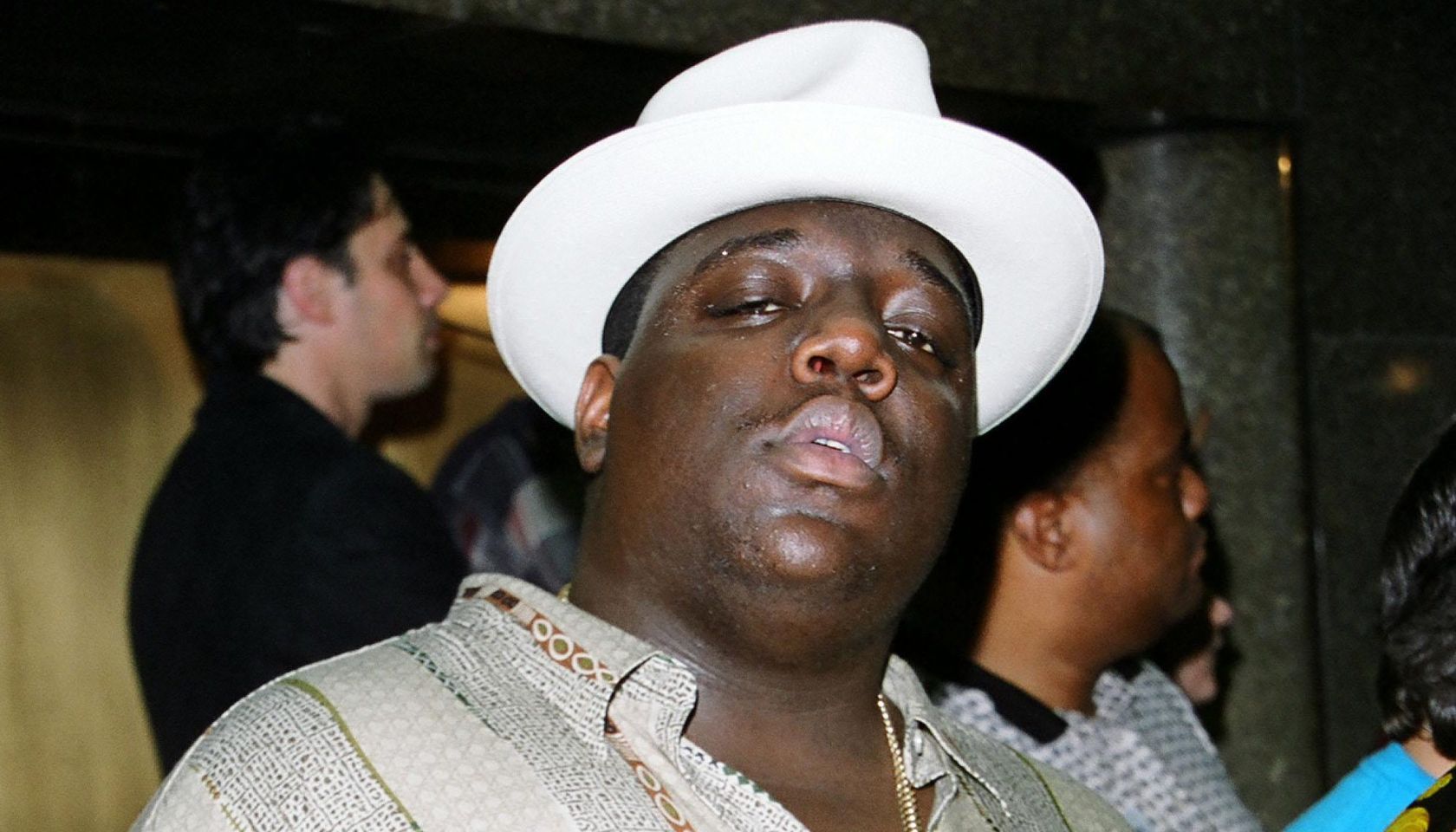Wendy Williams Cleared Of Dementia Diagnosis
Wendy Williams Cleared Of Dementia Diagnosis — Revealed By New Test

In a dramatic turn in Wendy Williams’s ongoing guardianship saga, new medical testing shows the former talk-show host does not have frontotemporal dementia — the condition that’s defined her public struggles for nearly three years.
According to court documents and sources close to the case, a leading neurologist in New York recently performed a full series of cognitive and neurological tests on Williams. The results, delivered late last month, found no evidence of frontotemporal dementia (FTD) or its language-related variant, primary progressive aphasia (PPA). These findings directly contradict the 2023 statement released by Williams’s care team, which claimed she had been officially diagnosed with both disorders.
“This new evaluation changes everything,” one member of Williams’s legal team said, confirming that her attorneys are preparing to file motions to end the guardianship that has controlled her personal and financial life since 2022. That court order was originally put in place after Wells Fargo raised red flags about her mental capacity, prompting a judge to appoint legal guardian Sabrina Morrissey to oversee Williams’s affairs.
If the court refuses to terminate the guardianship, Williams’s lawyers say they are ready to push for a jury trial to restore her independence.
FTD is typically a progressive and irreversible brain disease that affects behavior, speech, and reasoning. For Williams — who has long insisted she is “not cognitively impaired” — the latest medical report marks a powerful vindication.
“I feel like I’ve been in prison,” she said earlier this year in a rare interview, describing the limits imposed by her guardianship.
As the court prepares to review the new evidence, one thing is clear: Wendy Williams’s fight for freedom is far from over — but for the first time in years, she appears to have science on her side.










